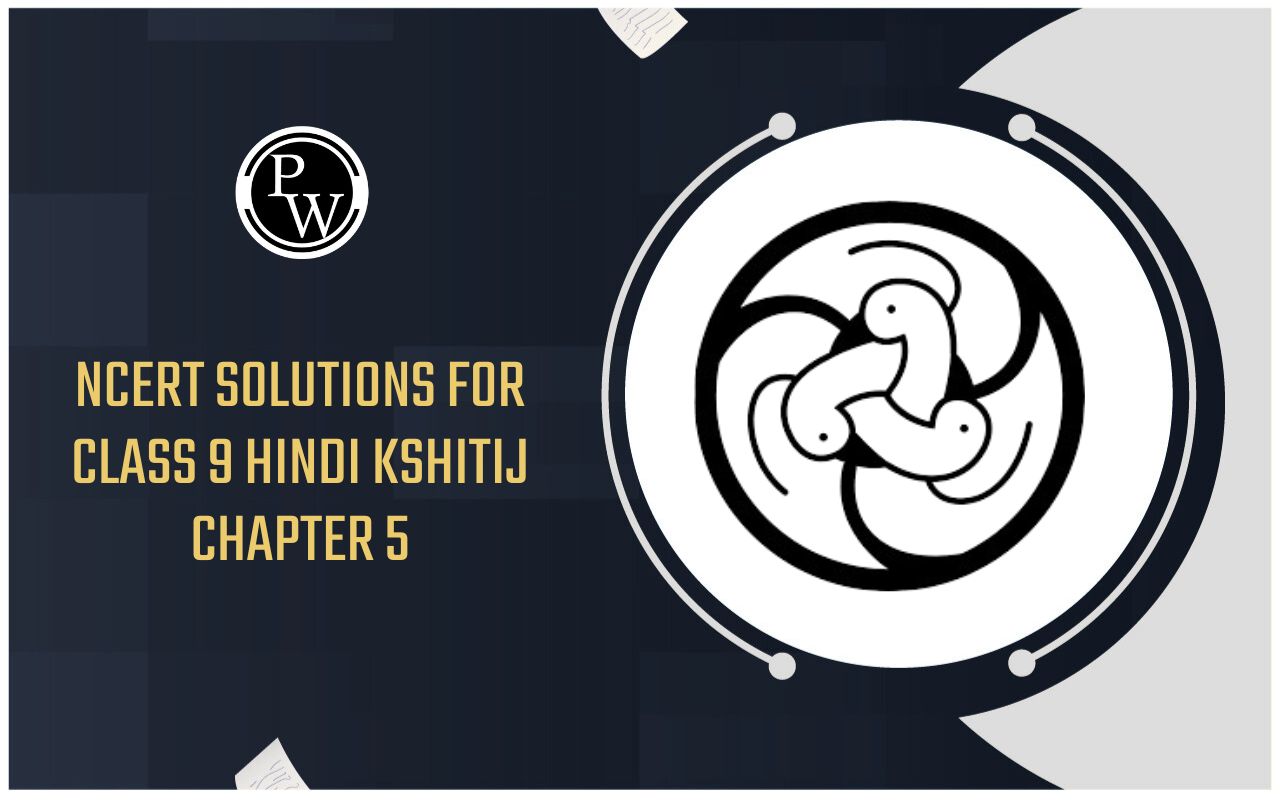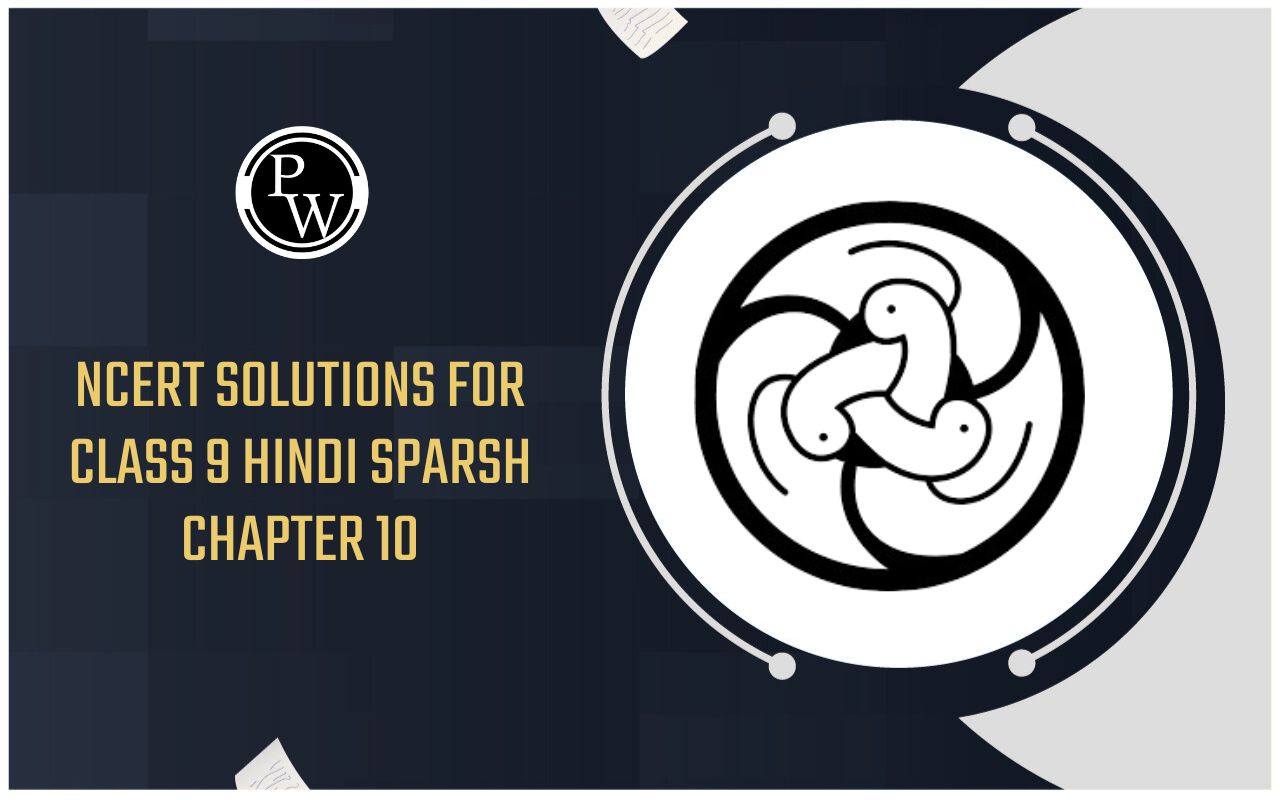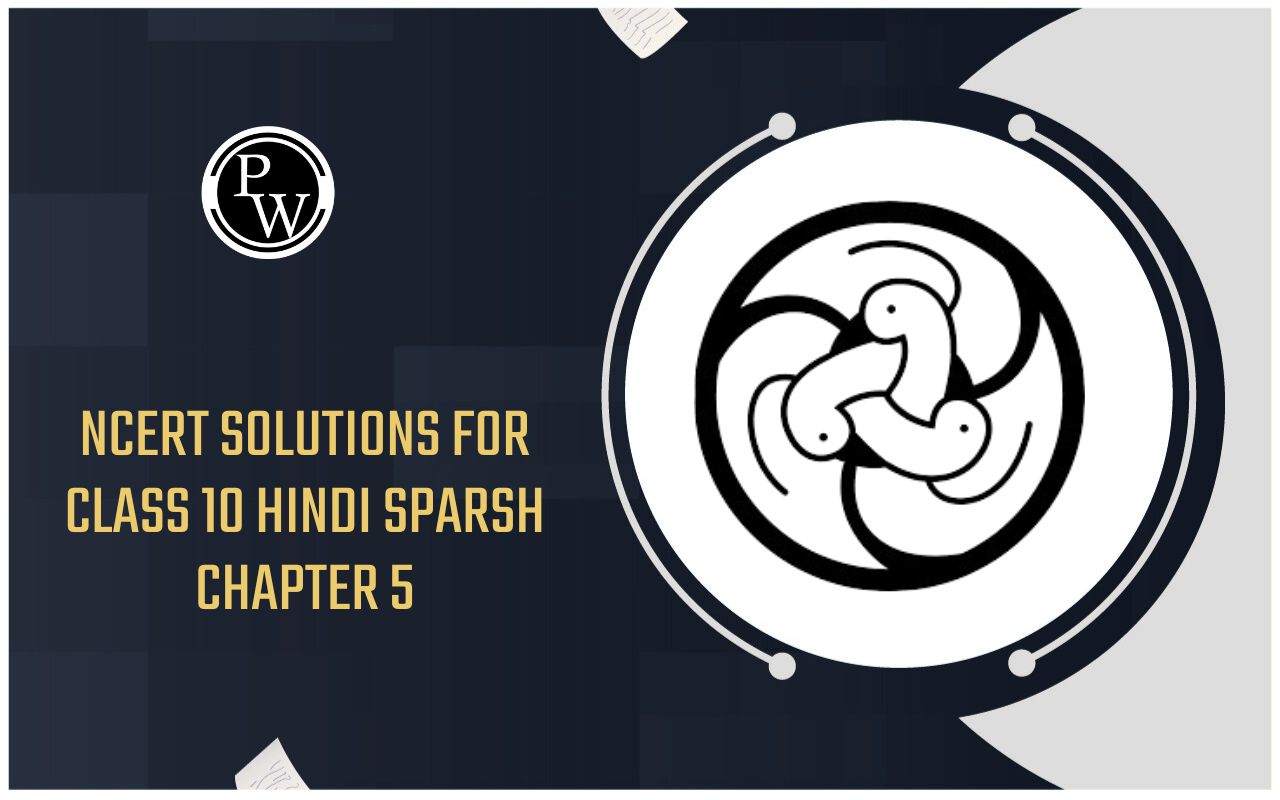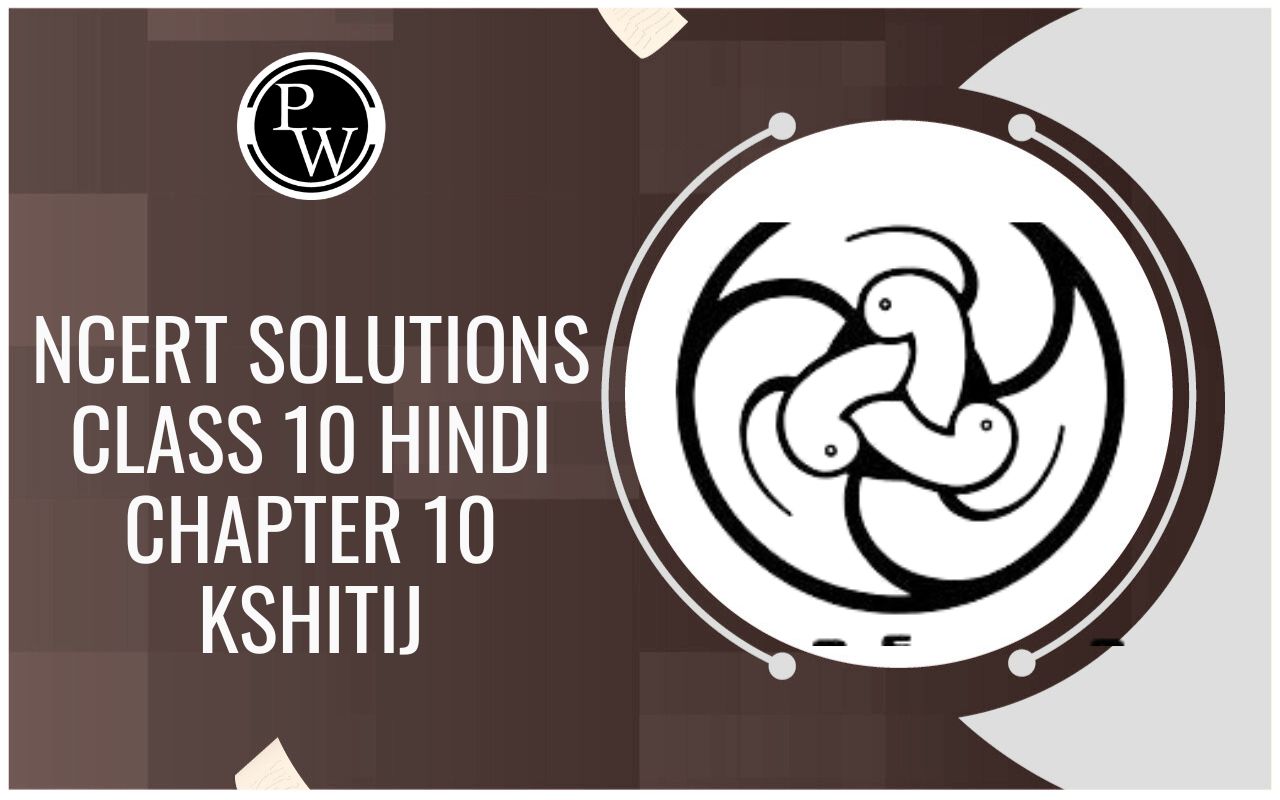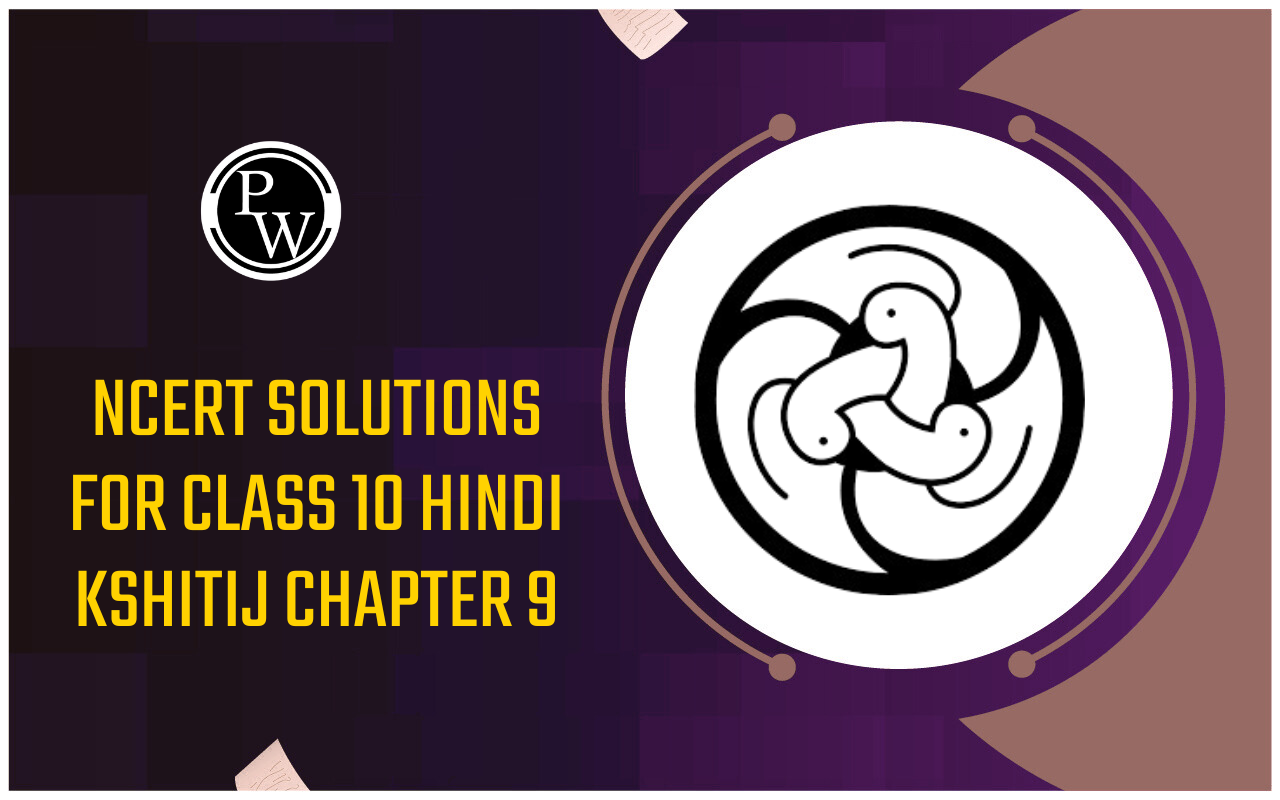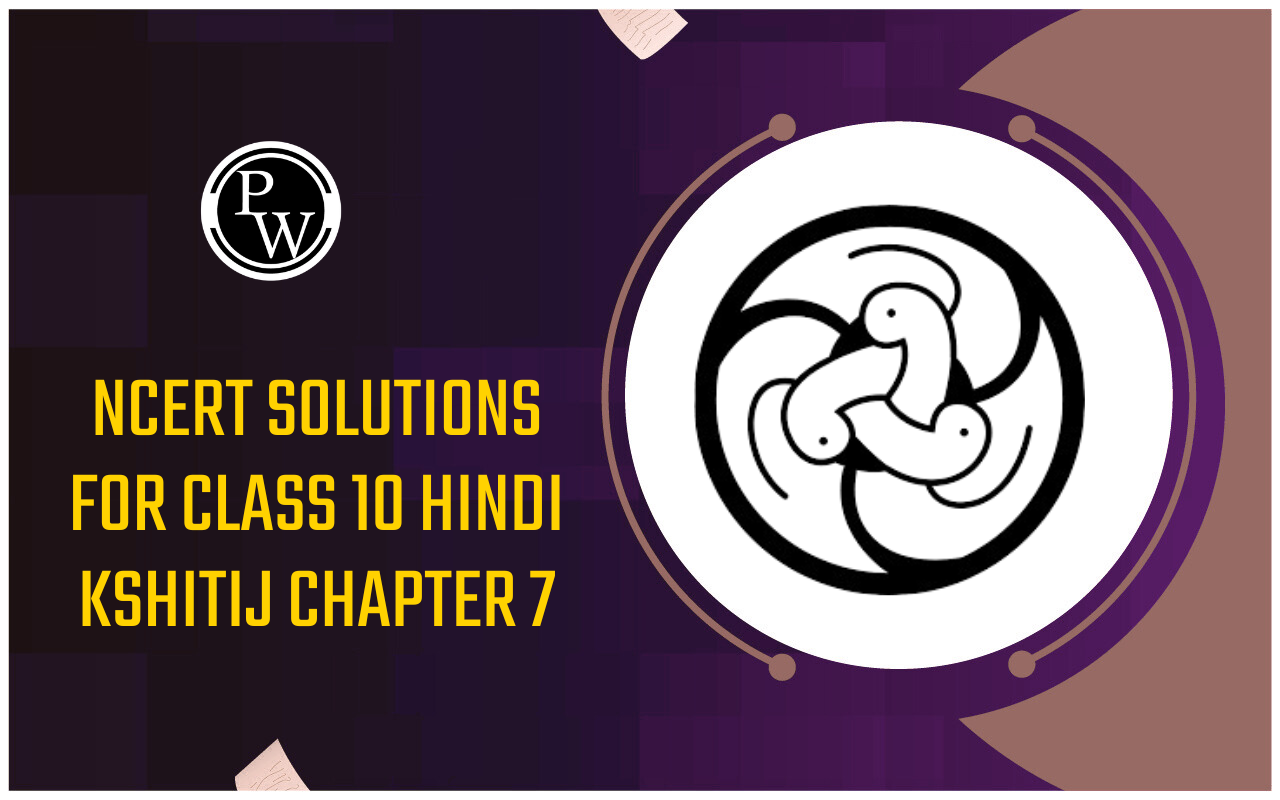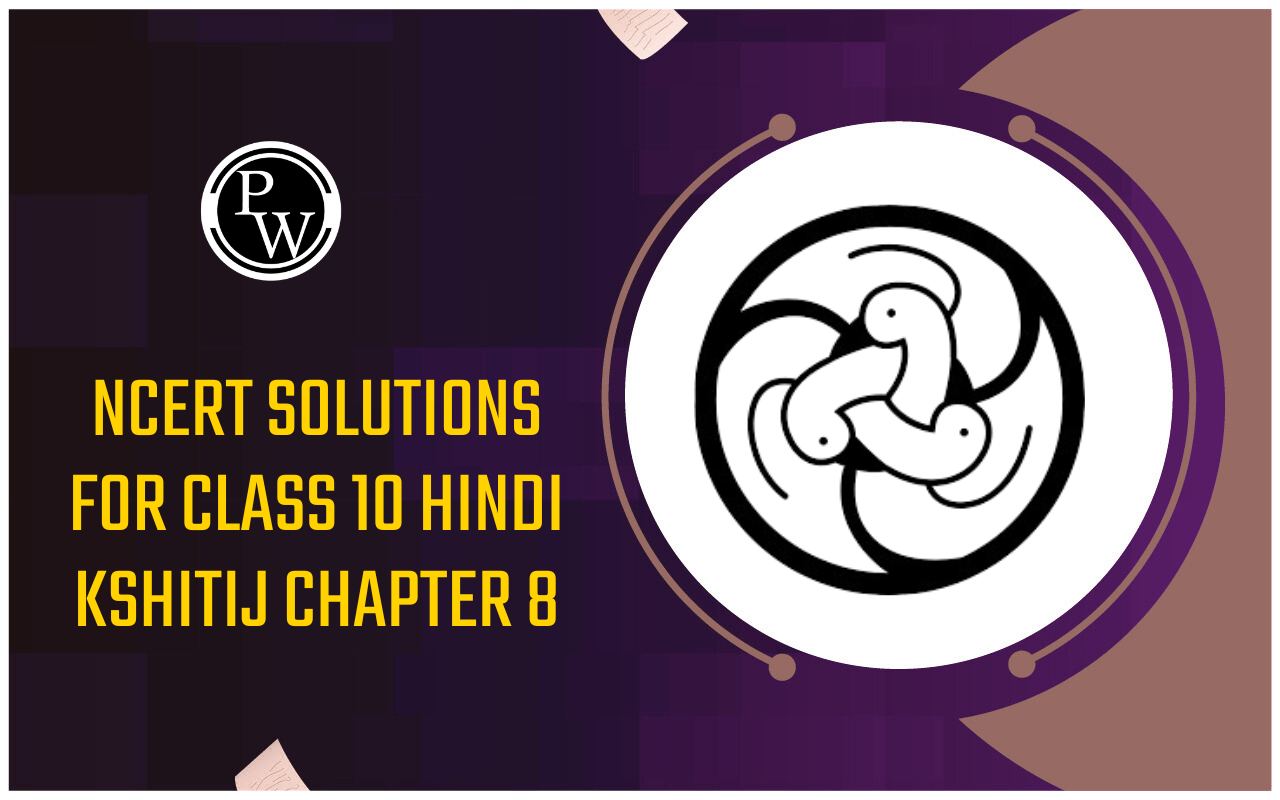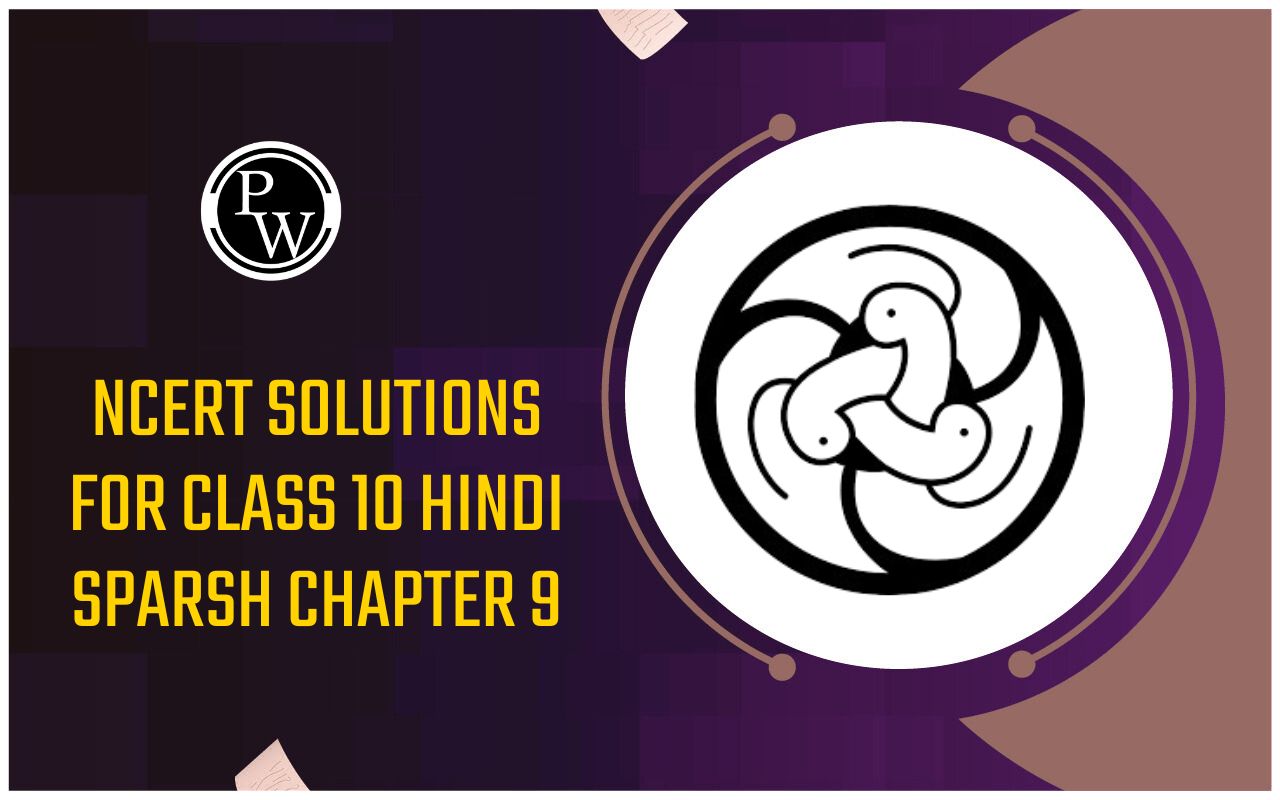
Introduction
Force and pressure of Class 8
Newton, Sir Isaac (1642-1727), English natural philosopher, generally regarded as the most original and influential theorist in the history of science. In addition to his invention of the infinitesimal calculus and a new theory of light and color, Newton transformed the structure of physical science with his three laws of motion and the law of universal gravitation. As the keystone of the scientific revolution of the 17th century, Newton's work combined the contributions of Copernicus, Kepler, Galileo, Descartes and others into a new and powerful synthesis. Three centuries later the resulting structure - classical mechanics - continues to be a useful but no less elegant monument to his genius.
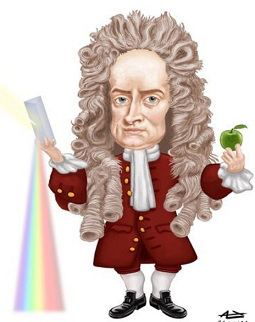
In 1666, as tradition has it, Newton observed the fall of an apple in his garden at Woolsthorpe, later recalling, 'In the same year I began to think of gravity extending to the orb of the Moon.' Newton's memory was not accurate.
In fact, all evidence suggests that the concept of universal gravitation did not spring full-blown from Newton's head in 1666 but was nearly 20 years in gestation. Ironically, Robert Hooke helped give it life. In November 1679, Hooke initiated an exchange of letters that bore on the question of planetary motion. Although Newton hastily broke off the correspondence, Hooke's letters provided a conceptual link between central attraction and a force falling off with the square of distance. Sometime in early 1680, Newton appears to have quietly drawn his own conclusions. NCERT solutions for class 8 Science prepared by Physics Wallah will help you to solve your NCERT text book exercise.
Definition
A push or pull of an object is called as force. The interaction between 2 objects arises force. Force has both magnitude and direction. The strength of a force is expressed in magnitude. Force brings about a few modification in the direction or state of motion of a body.
Push
A push is a force exerted far from the body, e.g: Hitting a snooker ball, kicking a football.
Pull
A pull is a force exerted towards the body, e.g: drawing a bucket of water from a well, playing tug of war.

